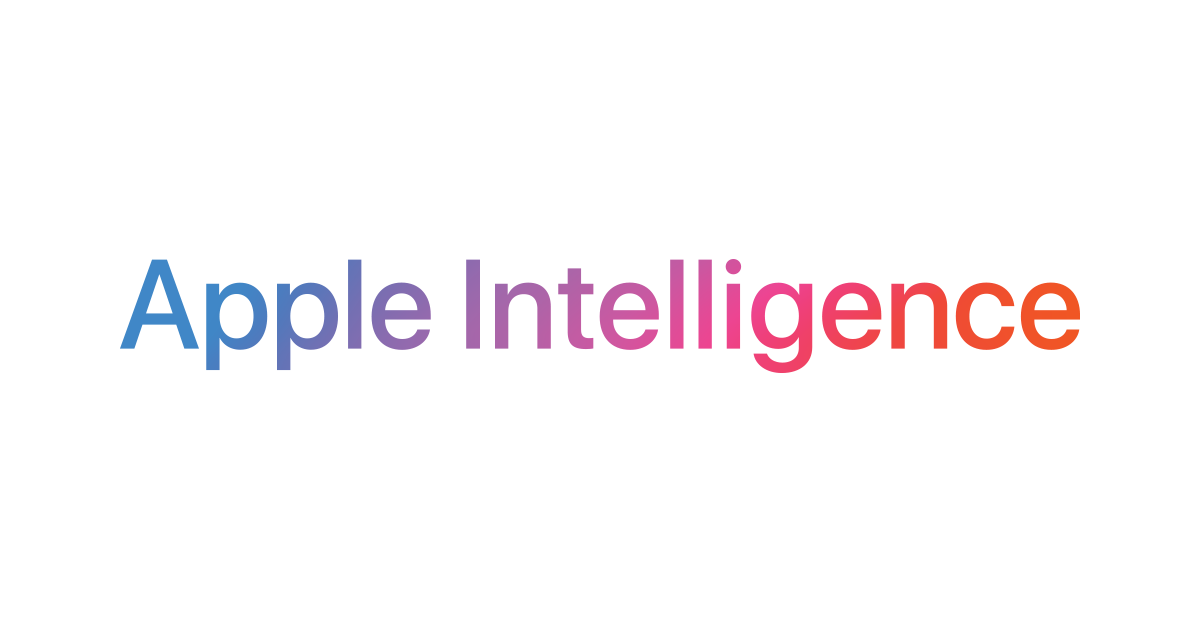From Enabler to Crutch: The Double-Edged Sword of AI in Education

We are living in extraordinary times. Things were markedly different around this time last year. Today, almost everyone has access to generative AI, and they use it confidently. This marks a fundamental shift, at least in the domain of education. As an early-career faculty member, I thought it would be best to document my observations on this trend. My intent here is to seek insights and feedback from my peers to gauge the implications for our profession.
Just the other day, during my Sales and Distribution Management class, I witnessed a student swiftly copy-pasting an entire article into ChatGPT 4 (to which several students have now subscribed) to produce a summary. This approach is becoming increasingly common. Many students view this as a more efficient way to engage with material than traditional reading. Others feel this will help them play ‘catch up’ with the front runners in class. While I empathize with their perspective, I'm left pondering: Can such summaries truly capture the essence and intricate details of seminal works? Does this behavior take away from the reflective process that contributes immensely to learning?
Over recent class sessions, I've tweaked my teaching approach, urging students to leverage tools like Google and ChatGPT during lessons to aid their analytical thinking. Initially, my thinking was, along the lines of “they are going to have access to these tools anyway, let them use it to improve their learning”. However, I've noticed their utilization of these platforms remains rather superficial. For example, in a recent discussion about the evolution of iPhone prices, I posed a question about the relative expense of the latest iPhone versus the original iPhone. Drawing on the concept of net present value, several students, with the assistance of ChatGPT, deduced that the original iPhones (priced at $499) have actually become more affordable in today's terms when accounting for inflation. The consensus was that the original iPhone, when adjusted for inflation, would be approximately $1200 today, making current models seem economical.
However, a key piece of context was missing from their analysis. They overlooked the fact that original iPhones were tied to AT&T contracts. This binding agreement effectively raised the total cost for consumers due to mandatory service fees over the contract's duration. It's understandable that some younger students might be unaware of these details, given they might've been too young during the iPhone's initial release. Yet, the unquestioning trust they place in answers validated by ChatGPT is astonishing. It appears as though ChatGPT has evolved into a surrogate for their critical thinking.
Now, for transparency's sake, I must admit I'm no stranger to ChatGPT. I use it frequently to debug code, refine syntax, organize notes, overcome writer's block, and even draft letters from time to time. However, there's a stark contrast between my usage and my students'. I turn to ChatGPT to enhance my existing capabilities, having acquired foundational skills through training and practice. For many of my students, however, ChatGPT seems less like a complementary tool and more like an essential crutch. This is something that worried me immensely.
Tragically, my students often appear lost without AI tools at their fingertips. Their formative educational years, marred by the disruptions of the COVID era, might be a contributing factor. The prevalence of digital notetaking over traditional pen and paper is also indicative of this trend. I can't help but feel uneasy seeing students overly reliant on automated grammar and spelling checkers. And institutions offering tools like ‘Grammarly’ for free, ostensibly as a perk, exacerbates my concerns. Why do we pride ourselves on providing our students with cognitive aids? Should we not instead be improving their cognition?
Given the increasing number of parents now consciously minimizing screen time for their children and delaying their exposure to digital devices, it seems we're nearing a tipping point. Technology, once heralded as an enabler, may be transforming into a sophisticated liability that inhibits learning.
I, for one, am confused. I am not really sure how I should go about the process of teaching my students and advice on this matter would really help me (and others like me). The traditional methods of teaching, which I am familiar with and hold dear, seem to be clashing with the digital tide sweeping through our classrooms. How do I strike the right balance between the pedagogy that I am familiar with and the allure of cutting-edge technology? I grapple with these questions daily, and wish I knew how to go forward.
For early career faculty like me, I’m sure navigating this dilemma is challenging. We're tasked with preparing our students for a future that's constantly being reshaped by technological advancements, yet we must also ensure they're grounded in foundational skills and critical thinking. I earnestly seek guidance on this matter, hoping to find effective strategies that resonate with both my students and the demands of the 21st century. Any insights or advice would not only benefit me but also countless other educators facing similar dilemmas.



